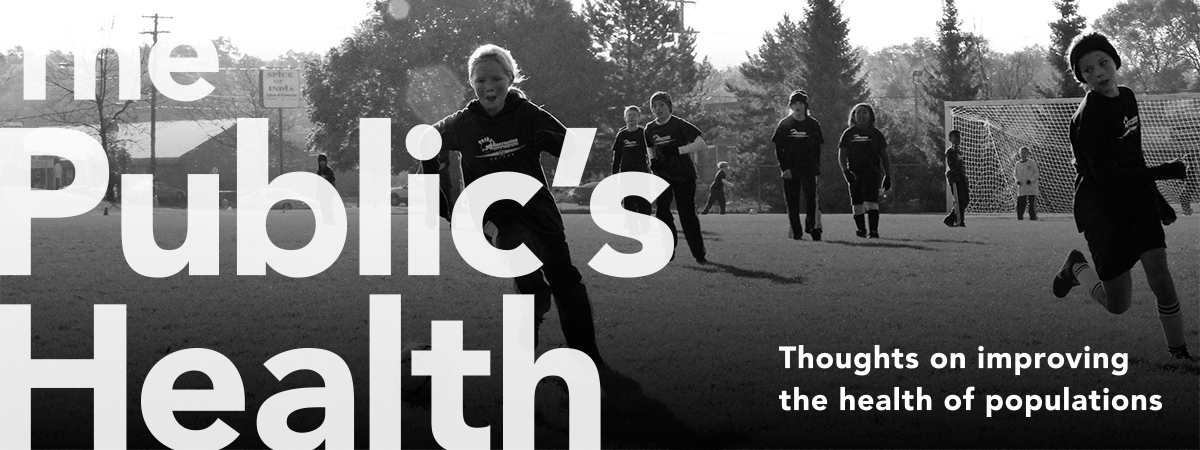| As the 2018 World Cup moves toward its finale, it’s clear that soccer is the global sport, with an estimated 500 million people playing regularly, or about 5% of the world’s population. The game is simple: eleven players on one side try to get the ball into the net on the other side. Of the eleven players, only the goalie can use her hands to keep the ball from getting into the net.
Those who are not used to soccer may, reasonably enough, see the goalie as the key to winning. After all the goalie is the last defense, standing between the ball and the net, and in theory a spectacular goalie can stop every shot that comes her way.
But anyone who watches a professional soccer game will notice that the goalie spends most of the game prowling the space in front of her net, exhorting the other ten players to keep the ball away. Why? Well, a good goalie knows that no matter how good she is, she will not be able to keep certain balls out of the net and the team will lose if there are too many shots on goal. Hence it is up to the other ten players to keep the ball upfield to make sure the team wins the game.
What does this have to do with health?
Well, we see soccer as a perfect metaphor for how we generate health. As we have noted many times in this series, health is created by the world around us—by the water we drink, the air we breathe, by an environment that is safe, that encourages exercise, by the healthy food that is available to us, and by social policies that create a world free from violence and inequity. Imagine that those conditions are the ten players on the field. Those players are what moves the ball upfield, what maximizes our chance of winning, staying healthy.
What about the goalie?
The goalie is medicine. The goalie is our last resort—what can restore us to health if we get sick. We obviously want to have a very good goalie, a very good doctor, because we know that, every once in a while, there will be a shot on goal no matter how good the other ten players are. But we also know that if we rely only on medicine we will not be healthy, we will simply be confronting disease after disease, until we lose.
We need a shift in the way we think about health. As in soccer, ten elevenths of our effort should be preventive. Health is not about medicine, our last line of defense. Health is about the politics that create the world around us, about where we live, about housing, transportation, and a livable wage. It is also about medicine yes, but medicine as part of a much larger team of forces that create a healthier world. |

